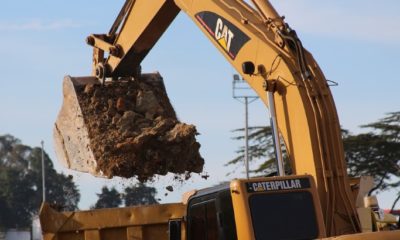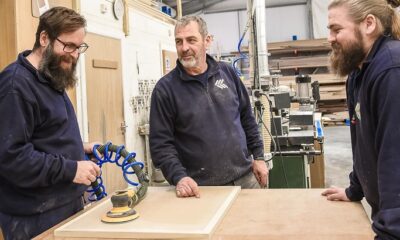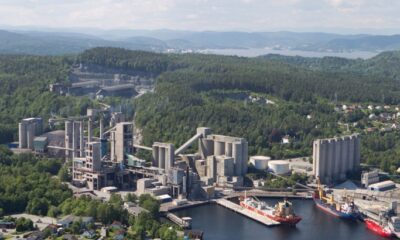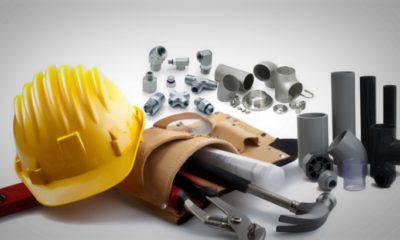Materials & Supplies
Kitchen Firm Drops Engineered Stone Over Health Concerns
Herringbone is the first UK kitchen firm to stop selling the material.
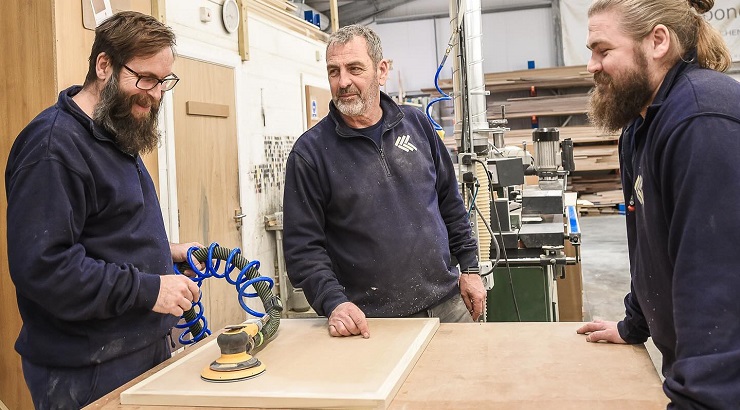
UK-based kitchen fitter Herringbone has removed high-silica quartz from its product lineup as it seeks to prioritize the well-being of stonemasons.
This comes in the wake of mounting concerns over the silica content of engineered quartz, which recently prompted the material to be banned in Australia.
Herringbone becomes the first UK kitchen company to stop selling the popular material for bathrooms and kitchens worktops.
Silica is naturally occurring in stone such as granite and marble at between 5% and 40%, but in engineered quartz – currently the dominant product for kitchen and bathroom worktops – it can be as high as 97%.
While clients or installers of this material may not face apparent risks, the danger arises during its production and cutting by stonemasons, as the ensuing silica dust can lead to the development of the lung disease silicosis.
William Durrant, owner of Herringbone, said: “We recently read an article in a newspaper about the banning of high silica-engineered stone worktops in Australia and began to research the effects of high-silica engineered worktop (mainly quartz). This has led us to look at the risks using this product in the UK, we’ve spoken to our stonemasons and to researchers within the field.”
“Following these discussions, we have made the decision that we will be the first company in the UK that we know of to phase out selling high silica engineered stone,” Mr Durrant added.
Herringbone expects more companies to follow suit in the coming months.
RELATED: 9 Most Dangerous Building Materials
In December 2023, Australia became the first country in the world to ban the use of engineered stone to protect workers from silica dust.
The ban followed a campaign by ‘Stop This Killer Stone’ activists who recommended the prohibition under the model Work Health & Safety (WHS) laws to protect thousands of workers from respirable crystalline silica (silica dust), which is generated at high levels when workers cut, shape or polish engineered stone.
Exposure to silica dust from engineered stone has led to a rapid increase in the number of workers developing the serious lung disease silicosis in Australia.





